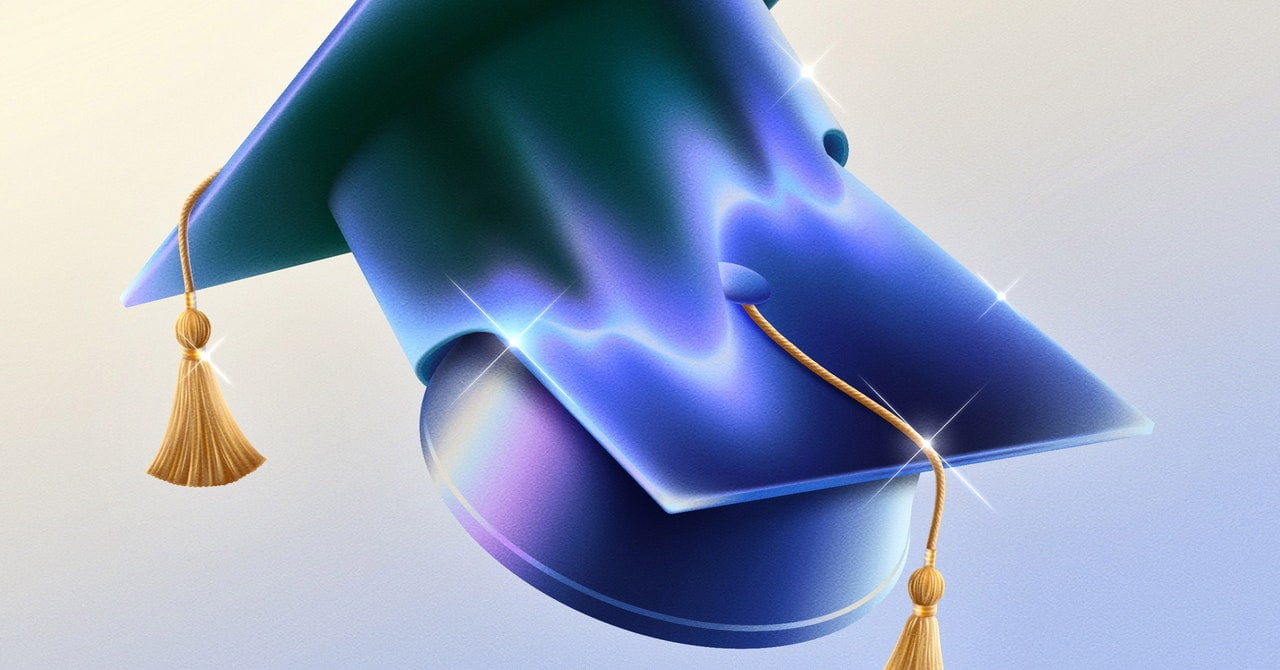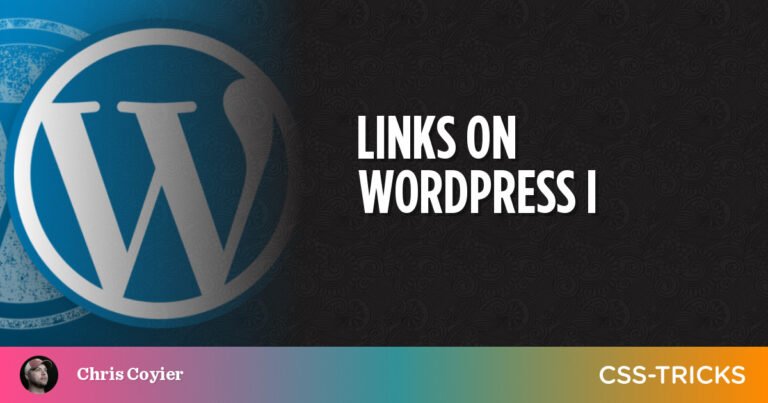
many times a year, as if on a hidden schedule, some tech person, often venture-capital-adjacent, types out a thought on social media like “The only thing liberal arts majors are good for is scrubbing floors while I punch them” and hits Send. Then the poetry people respond—often a little late, in need of haircuts—with earnest arguments about the value of art.
I am an English major to death. (You know us not by what we’ve read but by what we are ashamed not to have read.) But I learned years ago that there’s no benefit in joining this debate. It never resolves. The scientist-novelist C. P. Snow went after the subject in 1959 in a lecture called “The Two Cultures,” in which he criticized British society for favoring Shakespeare over Newton. Snow gets cited a lot. I have always found him unreadable, which, yes, embarrasses me but also makes me wonder whether perhaps the humanities had a point.
By the time I went to college, in the mixtape days, the Two Cultures debate had migrated to corkboards. In the liberal arts building, people tacked up pro-humanities essays they had snipped out of magazines. A hot Saturday night for me was to go and read them. Other people were trying drugs. I found the essays perplexing. I got the gist, but why would one need to defend something as urgent and essential as the humanities? Then again, across the street in the engineering building, I remember seeing bathroom graffiti that read “The value of a liberal arts degree,” with an arrow pointing to the toilet paper. I was in the engineering building because they had Silicon Graphics workstations.
Wandering between these worlds, I began to realize I was that most horrifying of things: interdisciplinary. At a time when computers were still sequestered in labs, the idea that an English major should learn to code was seen as wasteful, bordering on abusive—like teaching a monkey to smoke. How could one construct programs when one was supposed to be deconstructing texts? Yet my heart told me: All disciplines are one! We should all be in the same giant building. Advisers counseled me to keep this exceptionally quiet. Choose a major, they said. Minor in something odd if you must. But why were we even here, then? Weren’t we all—ceramic engineers and women’s studies alike—rowing together into the noosphere? No, I was told. We are not. Go to your work-study job calling alumni for donations.
So I got my degree, and off I went to live an interdisciplinary life at the intersection of liberal arts and technology, and I’m still at it, just as the people trashing the humanities are at it too. But I have come to understand my advisers. They were right to warn me off.
Because humans are primates and disciplines are our territories. A programmer sneers at the white space in Python, a sociologist rolls their eyes at a geographer, a physicist stares at the ceiling while an undergraduate, high off internet forums, explains that Buddhism anticipated quantum theory. They, we, are patrolling the borders, deciding what belongs inside, what does not. And this same battle of the disciplines, everlasting, ongoing, eternal, and exhausting, defines the internet. Is blogging journalism? Is fan fiction “real” writing? Can video games be art? (The answer is always: Of course, but not always. No one cares for that answer.)
When stuff gets out of hand, we don’t open disciplinary borders. We craft new disciplines: digital humanities, human geography, and yes, computer science (note that “science” glued to the end, to differentiate it from mere “engineering”). In time, these great new territories get their own boundaries, their own defenders. The interdisciplinarian is essentially an exile. Someone who respects no borders enjoys no citizenship.
Twitter, or X, or whatever, to tell us that poetry is useless. The losses are real.
And so what, really? Well, what I mourn is not a particular program at a college I never visited but the sense of institutions being in balance. I’ve spent most of my life wanting desperately for institutions to be disrupted, and now I find myself entering the second half of my existence (if I’m lucky) absolutely craving that stability. The delicate détente is vanishing, that sense of having options. A shorter course catalog is an absolute sign of a society in decline.
But also, we’re cutting off the very future that the tech industry promises us is coming. If the current narrative holds—if AI is victorious—well, liberal arts types will be ascendant. Because rather than having to learn abstruse, ancient systems of rules and syntaxes (mathematical notation, C++, Perl) in order to think higher thoughts, we will be engaged with our infinitely patient AI tutors/servants like Greek princelings, prompting them to write code for us, make spreadsheets for us, perform first-order analysis of rigid structures for us, craft Horn clauses for us.
I see what you nerds have done with AI image-creation software so far. Look at Midjourney’s “Best of” page. If you don’t know a lot about art but you know what you like, and what you like is large-breasted elf maidens, you are entering the best possible future. You might think, Hey, that’s what the market demands. But humans get bored with everything. We’re just about done with Ant-Man movies.
The winners will be the ones who can get the computer to move things along the most quickly, generate the new fashions and fads, turn that into money, and go to the next thing. If the computers are capable of understanding us, and will do our bidding, and enable us to be more creative, then the people in our fields—yes, maybe even the poets—will have an edge. Don’t blame us. You made the bots.
Perhaps this is why they lash out, so strangely—a fear of the grip slipping, the sense that all the abstruse and arcane knowledge gathered about large language models, neural nets, blockchains, and markets might be erased. Will be erased. At least art goes for the long game, you know? Poems are many things, and often lousy, but they are not meant to be disposable, nor do they require a particular operating system to work.
All you have to do is look at a tree—any tree will do—to see how badly our disciplines serve us. Evolutionary theory, botany, geography, physics, hydrology, countless poems, paintings, essays, and stories—all trying to make sense of the tree. We need them all, the whole fragile, interdependent ecosystem. No one has got it right yet.
Why Reading Shakespeare is Essential for Owning the Future
William Shakespeare, the renowned English playwright and poet, is often considered one of the greatest writers in the English language. His works, such as Romeo and Juliet, Hamlet, and Macbeth, have stood the test of time and continue to captivate audiences worldwide. While some may argue that Shakespeare’s language is archaic and difficult to understand, there are several reasons why reading his works is essential for owning the future.
1. Language and Communication Skills:
Shakespeare’s plays are written in a poetic and complex language that challenges readers to expand their vocabulary and comprehension skills. By engaging with his works, readers develop a deeper understanding of language and improve their ability to communicate effectively. In a world where communication is key, possessing strong language skills is crucial for success in various fields such as literature, law, politics, and business.
2. Critical Thinking and Analysis:
Shakespeare’s plays are rich in themes, symbolism, and complex characters. Reading his works encourages readers to think critically and analyze the text deeply. The intricate plotlines and multifaceted characters prompt readers to question motives, explore different perspectives, and make connections between various elements of the story. These critical thinking skills are invaluable in problem-solving, decision-making, and innovation – all essential for owning the future.
3. Emotional Intelligence and Empathy:
Shakespeare’s plays delve into the depths of human emotions and explore universal themes such as love, jealousy, ambition, and revenge. By reading his works, readers gain insight into the complexities of human nature and develop emotional intelligence. Understanding and empathizing with different characters’ experiences fosters empathy towards others in real life. In an increasingly interconnected world, empathy is crucial for building meaningful relationships, resolving conflicts, and creating a harmonious society.
4. Cultural Literacy:
Shakespeare’s influence on literature, theater, and popular culture is undeniable. His works have inspired countless adaptations, films, and references in contemporary media. By reading Shakespeare, individuals gain cultural literacy and a deeper understanding of references and allusions that permeate modern literature, movies, and music. Being culturally literate allows individuals to engage in conversations, appreciate art forms, and connect with diverse communities, ultimately enhancing their ability to navigate the future.
5. Creativity and Imagination:
Shakespeare’s plays are a testament to his unparalleled creativity and imagination. His vivid descriptions, poetic language, and imaginative storytelling transport readers to different worlds and eras. Engaging with his works sparks creativity and encourages readers to think outside the box. In a rapidly changing world that demands innovation and adaptability, nurturing creativity and imagination is essential for owning the future.
In conclusion, reading Shakespeare is not just about studying old texts; it is about developing essential skills and qualities that are crucial for owning the future. From language and communication skills to critical thinking and emotional intelligence, Shakespeare’s works offer a wealth of knowledge and insights. By immersing ourselves in his plays, we can cultivate the necessary tools to navigate an ever-evolving world successfully. So, pick up a copy of Romeo and Juliet or Hamlet, and embark on a journey that will shape your future.






